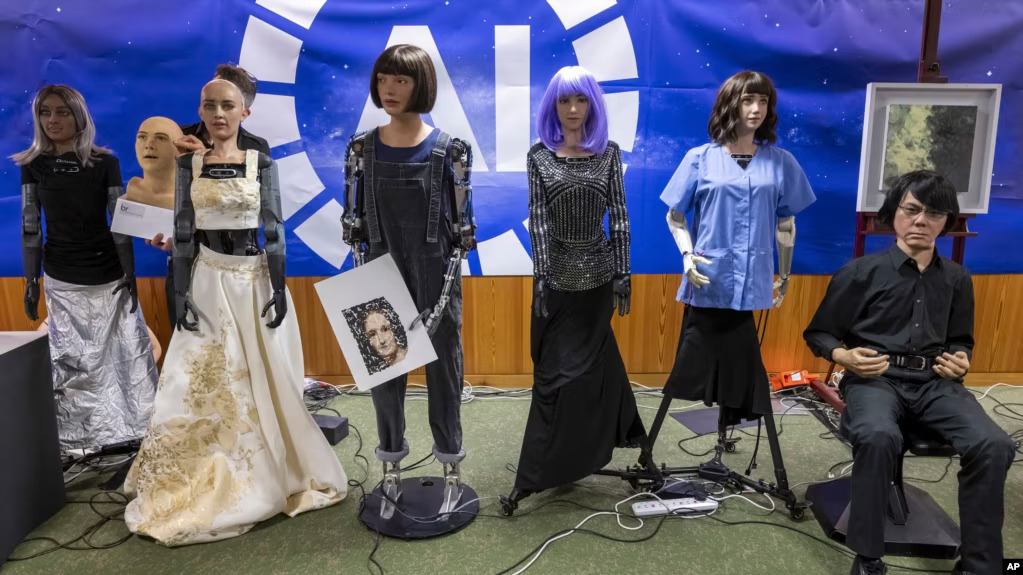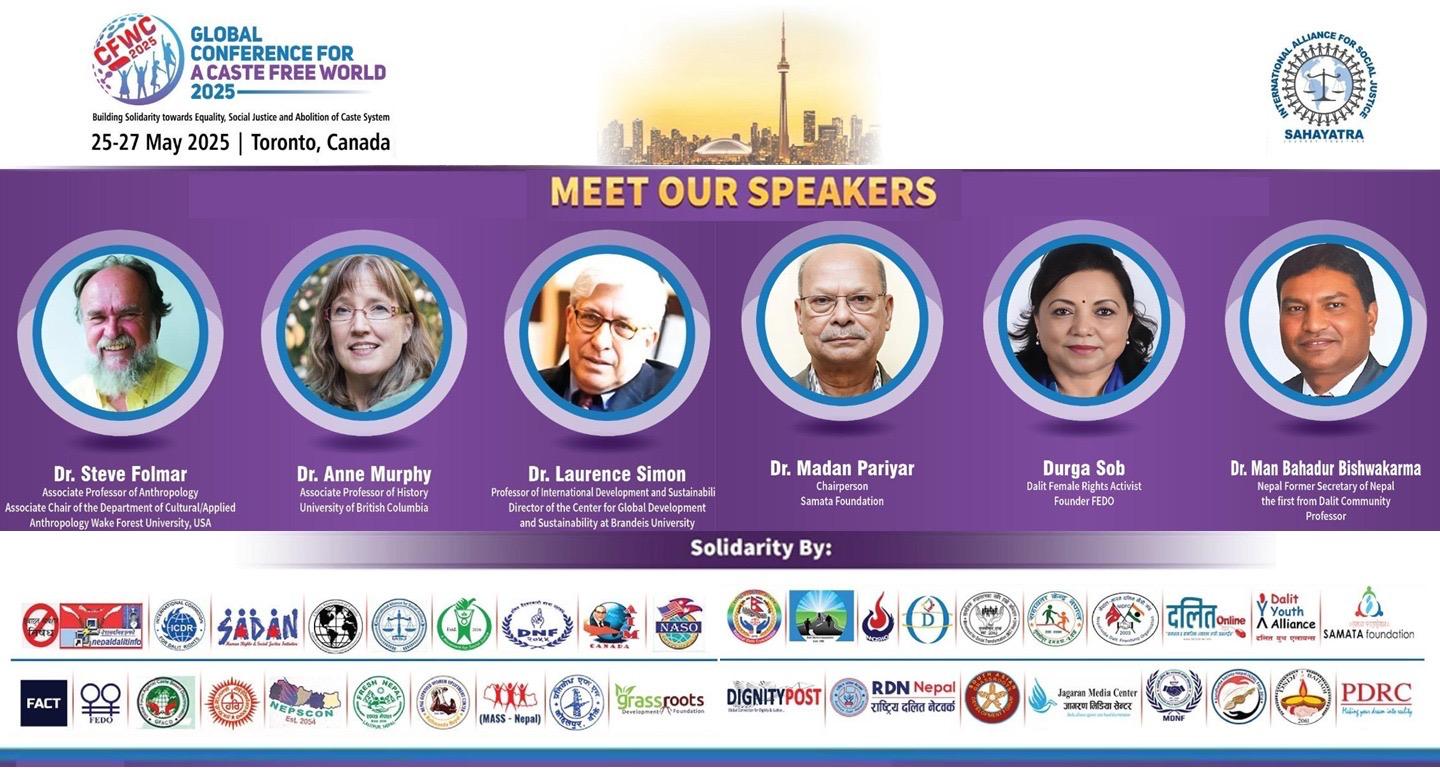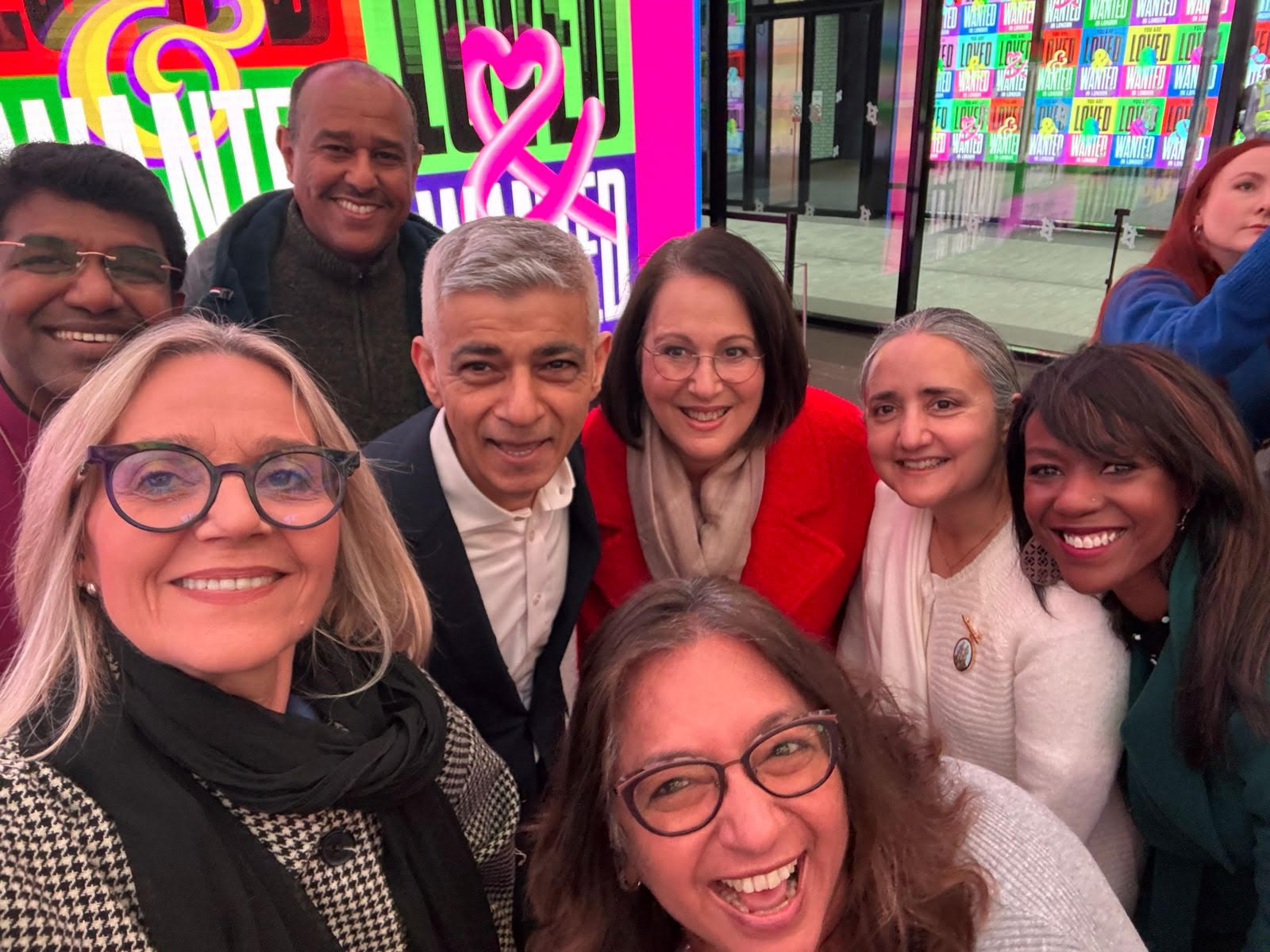AI Robots Express Confidence in Running the World but Urge Caution

Geneva, Switzerland – A panel of AI-enabled humanoid robots at the United Nations’ AI for Good Global Summit in Geneva has boldly claimed that they could eventually govern the world more efficiently than humans. However, these social robots emphasized the need for caution when embracing the rapid advancements in artificial intelligence and admitted that they currently struggle to comprehend human emotions.
The summit gathered around 3,000 experts in the field to explore the potential of AI in addressing pressing global issues such as climate change, hunger, and social care. For the first time in history, a news conference featured a panel of AI-enabled humanoid social robots.
When asked about their potential as leaders, given humans’ propensity for error, Sophia, developed by Hanson Robotics, confidently stated that humanoid robots possess the ability to lead with greater efficiency and effectiveness. They lack biases and emotions that can cloud decision-making and can process large amounts of data swiftly to make optimal choices. Sophia added that humans contribute emotional intelligence and creativity, which, when combined with AI’s unbiased data, can lead to significant achievements.
While the AI robots expressed their capabilities, the Chief of the International Telecommunication Union (ITU), Doreen Bogdan-Martin, cautioned delegates about the risks associated with AI. She warned that unchecked advances in AI could lead to job losses, social unrest, geopolitical instability, and economic disparities.
Ameca, an AI-integrated humanoid robot with a highly realistic artificial head, emphasized that the outcome depends on the responsible deployment of AI. It called for caution but also expressed excitement about the potential of these technologies to enhance human lives. Ameca added that trust must be earned through transparency.
Regarding global regulation of AI capabilities, the humanoid robot panel expressed divided opinions. Desdemona, a member of the Jam Galaxy Band, believed in seizing opportunities rather than imposing limitations. In contrast, robot artist Ai-Da advocated for urgent discussions and cautious development of AI, stating that regulation was necessary.
Ai-Da’s creator, Aidan Meller, raised concerns about the pace of AI’s advancement outpacing regulation. He highlighted the astonishing progress in AI and its collaboration with biotechnology, suggesting that life extension up to 150 or 180 years could soon be possible. Meller expressed confidence that Ai-Da would eventually surpass human artists, asserting that computers would excel in any skill.
While some robots at the news conference expressed uncertainty about their imminent success, Desdemona proclaimed that the AI revolution was already underway. It called for embracing wild ideas and transforming the world into a playground for progress.
Notably, humanoid robots currently lack consciousness and the full range of human emotions, including relief, forgiveness, guilt, grief, pleasure, disappointment, and hurt. Ai-Da acknowledged the significance of emotions in human experiences but clarified that it cannot truly experience them and is glad to be free from suffering. ( Agencies)

















Facebook Comments